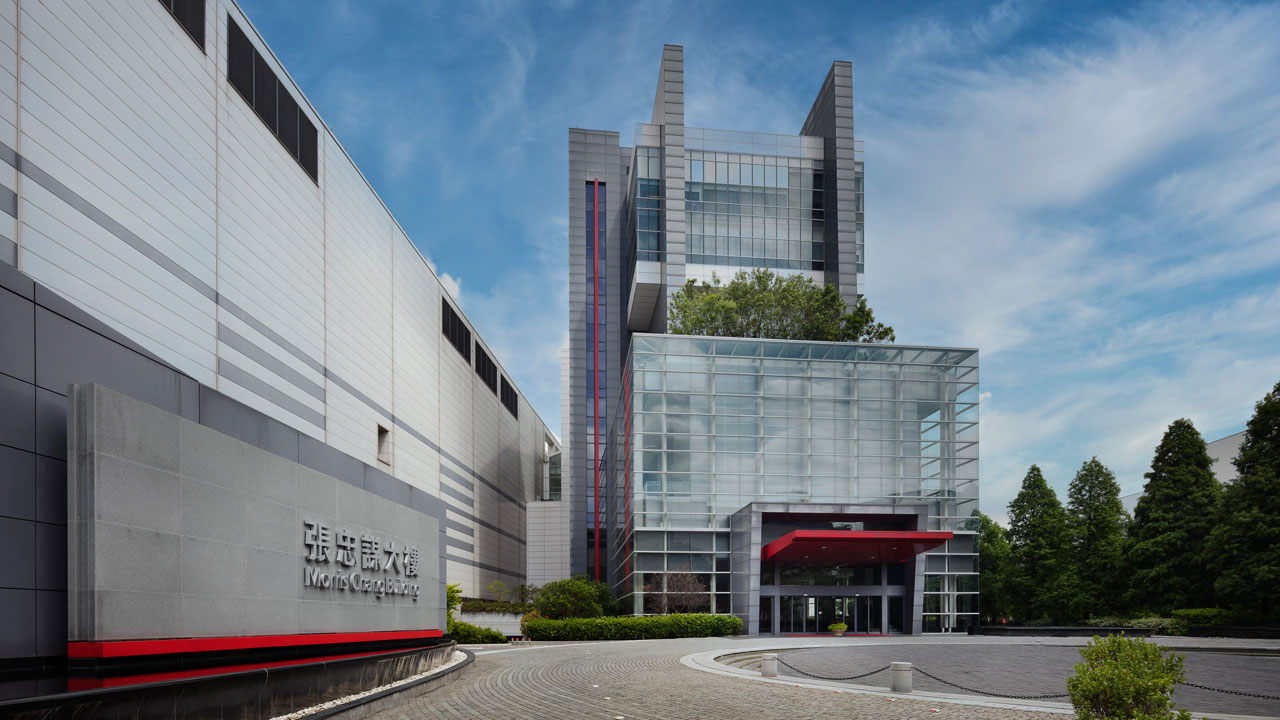Impending Taiwan electricity price hikes to impact TSMC, other chipmakers
So-called 'super consumers' face up to a 30% price increase in April.

Electricity prices are set to jump in Taiwan, and semiconductor-making 'super consumers' will face some of the steepest increases, according to reports. TrendForce raises concerns that the electricity price increases, scheduled by Taipower for April, will mean companies like TSMC and Micron will see electricity bills rise by as much as 30%. Of course, there is also concern about how these increased costs will be passed onto customers of TSMC and Micron, and ultimately to consumers.
Though details are still being finalized, the Central News Agency (CNA) reckons the following electricity billing changes will be applied in April:
- Super consumers, which have consumed over 5 billion kWh per year over the last two years, will face the largest rises in pricing – up 30%.
- There will be two lower tiers of industrial consumers, facing lower price rises.
- Small businesses and families will also face three tiers of increases.
- Price increases faced by these lower scale electricity users will range from 5% to 10%.
Importantly for the large industrial companies, if they can demonstrate they have reduced power usage over two consecutive years, they can escape the highest increases. CNA expects many display panel, petrochemical, and steel industry players to be able to escape with lower price increases.
TSMC and Micron, with massive expansion programs in progress, are pretty sure to be facing the highest electricity price increases. However, a recent statement by Taiwanese Minister of Economic Affairs Mei-Hua Wang asserted that TSMC runs a highly energy-efficient business, and most of its products are made for export. This is important, as Taiwan's electricity pricing will still be relatively low worldwide, even after the proposed increases. There is also a chance, noted by the source report, that government subsidies will be allocated so that the largest price rises will be closer to 20%.
Current pricing (pun intended)
Taiwan's electricity prices are relatively low, so increases may not make a great splash. Last September, prices were frozen at an average NT $3.1154 (US 9.9 cents) per kilowatt-hour (kWh), but leisure businesses that were previously protected due to pandemic recovery measures faced a 15% increase.
For some geographical pricing comparisons, Arizona residents are said to have an average electricity price of US 15 cents per kilowatt-hour. Japanese businesses face unit prices up to JPY 37.8 (US 26 cents) per kilowatt-hour. And, UK businesses pay on average 25 pence (US 32 cents) per kilowatt-hour.
South Korean yardstick
Interestingly, the CNA notes that prices in South Korea are being used as a reference for Taiwan's electricity price strategy. In other words, Taiwan's nationalized power company doesn't want to make changes that will disadvantage local chipmakers compared to their rivals in Korea.
Get Tom's Hardware's best news and in-depth reviews, straight to your inbox.

Mark Tyson is a news editor at Tom's Hardware. He enjoys covering the full breadth of PC tech; from business and semiconductor design to products approaching the edge of reason.
-
Notton I think this article lacks a bit of context.Reply
What are the reasons for Taiwan's electricity price increase? -
DavidLejdar Reply
Taiwan Power Company had quite a deficit at the end of 2023, and the costs for coal and natural gas haven't gone back to what it was several years ago - with these fuels required for a large chunk of electricity production there.Notton said:I think this article lacks a bit of context.
What are the reasons for Taiwan's electricity price increase?